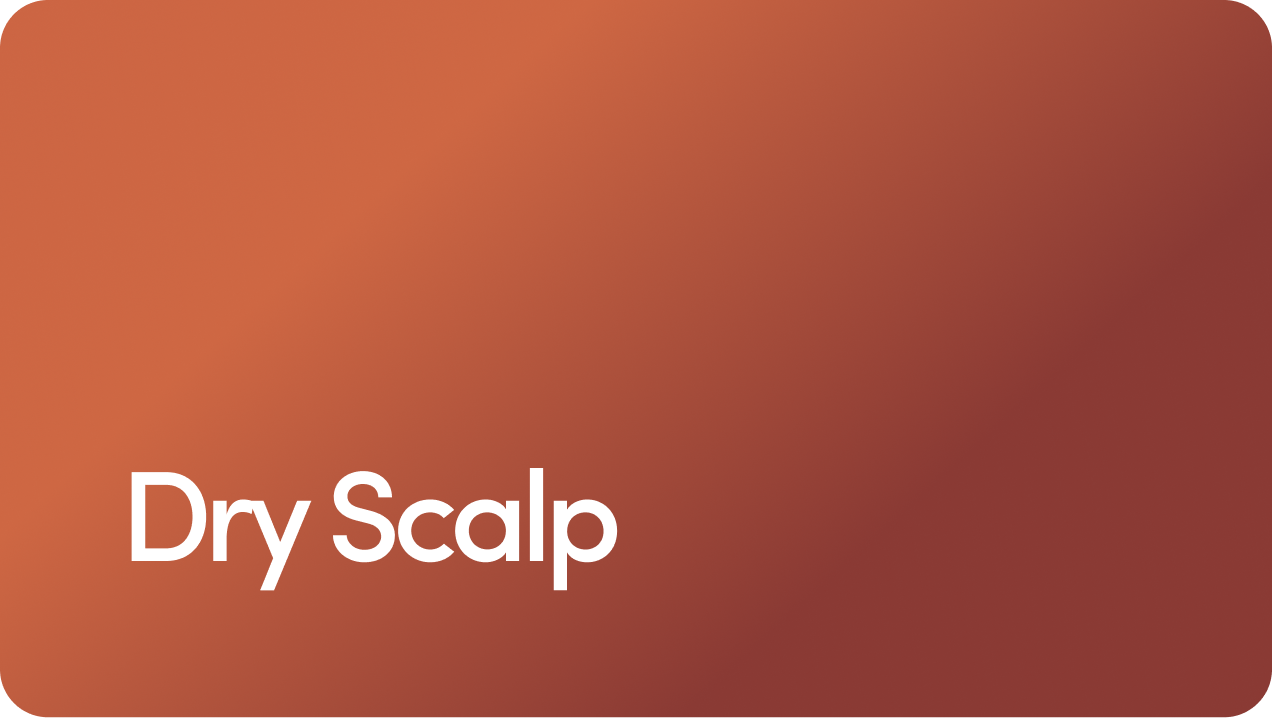Content
FDA approved for more than 25 years
Can Steroids Cause Hair Loss? Why It Can Happen and What to Do

When you think of steroids, you probably think of anabolic steroids — illegal, performance-enhancing substances people use to rapidly increase muscle mass — but other types of steroids exist. So, do steroids cause hair loss, and if so, which kinds?
Hair-related steroid side effects can depend on the type of steroids you’re taking — and whether you’re using them safely (e.g., under a healthcare professional’s direction).
We’ll cover different types of steroids, whether they can trigger or treat the hair loss you may be noticing, and how to protect your hairline when steroid use is necessary for a medical condition.
Content
Can steroids cause hair loss? Yes. Hair loss is a potential side effect of some steroids.
First, let’s break down the two most common types of steroids are anabolic steroids and corticosteroids.
Corticosteroids. Healthcare professionals commonly prescribe corticosteroids to treat immune-system-related issues such as skin, eye, and blood disorders, arthritis, and some types of allergies.
Anabolic steroids. These contain a synthetic version of testosterone, an androgen (AKA male sex hormone) that plays a role in a form of hair loss known as androgenic alopecia, or male pattern hair loss. You’ve probably heard of people in bodybuilding communities misusing these types of steroids to boost muscle mass.
Corticosteroids
For example, FDA listings for corticosteroids like prednisolone mention thinning of the scalp hair as a possible side effect.
On the other hand, some research shows that a once-monthly oral dose of prednisone can be an effective first-line treatment for alopecia areata.
Overall, though, hair changes are not necessarily a side effect of all corticosteroids.
Anabolic Steroids
Healthcare professionals often prescribe anabolic steroids to treat hormone imbalances. They can help with certain health conditions, including those that cause muscle loss.
Some folks also misuse these types of steroids in pursuit of building muscle and enhancing athletic performance.
Hair thinning is a common side effect of anabolic steroid use. Hair loss might occur within a few weeks to months after use.
Why Do Steroids Cause Hair Loss?
So, why do steroids make your hair fall out? As noted, anabolic steroids are synthetic hormones. So taking them when your hormones are already balanced can negatively impact brain and sexual function — and even the hair growth cycle.
Some anabolic steroids that may cause excess hair shedding include:
Anadrol®
Oxandrolone (previously sold as Anavar®)
Methandienone
Drostanolone
Methenolone enanthate
Proviron®
Trenbolone
Keep in mind that not everyone who uses these compounds will experience hair loss as a side effect. And any excess shedding you’re experiencing could be due to another cause.
Can Steroids Treat Hair Loss?
In rare cases, corticosteroids like prednisone may be a treatment for hair loss — specifically alopecia areata, an autoimmune disease that damages hair.
This rare form of patchy baldness occurs in about two percent of the general population.
Topical corticosteroids may help treat the inflammation that causes this type of hair loss. Healthcare professionals also prescribe steroid injections or oral corticosteroids to treat alopecia areata.
If you’re experiencing what you think is steroid-related hair loss, your first step should be to contact your healthcare provider.
They can evaluate whether you should stop treatment, adjust your dosage, or change medications. They can also help you navigate the health effects of anabolic steroid misuse.
Steroid hairlines aside, a healthcare professional can provide treatment guidance for hair loss of any kind.
Two of the most effective hair loss treatment options for promoting hair regrowth are minoxidil and finasteride.
Minoxidil
Topical minoxidil is an FDA-approved medication that stimulates hair growth.
Minoxidil is the active ingredient in Rogaine®. It’s thought to increase blood flow to hair follicles, encouraging them to return to the anagen phase (the active phase of the hair cycle), ultimately stimulating new hair growth.
Finasteride
Finasteride is a prescription medication that regulates dihydrotestosterone (also known as DHT), a hormone that plays a role in male pattern baldness.
Higher levels of DHT may trigger hair loss. Finasteride can reduce DHT levels when taken daily as directed—in some cases by up to 70 percent.
Hair-Friendly Supplements
Being low in key vitamins for hair health, including vitamin A, vitamin D, and biotin, can trigger hair fall.
Taking a daily biotin gummy multivitamin won’t reverse hair loss, but it may help if your excess shedding is nutrition-related.
You might also benefit from using shampoos with ingredients shown to prevent hair loss, like our saw palmetto formula.
FUE and FUT Hair Transplants
While it’s more invasive than medication, if steroid-related hair loss has led to significant thinning or balding, hair transplant surgery may be an option. Two of the most common procedures are:
Follicular unit extraction (FUE)
FUE is a minimally invasive technique where individual hair follicles are extracted from the donor area (typically the back of the scalp) and transplanted into thinning or bald areas.
This method leaves tiny, almost undetectable scars and has a faster recovery time compared to FUT. It’s often preferred for guys who want a natural look with minimal downtime.
Follicular unit transplantation (FUT)
FUT involves removing a small strip of scalp from the donor area. Hair follicles are harvested from this area and implanted into areas affected by hair loss.
While FUT can provide a higher number of grafts in a single session, it does leave a linear scar at the donor site, which may be noticeable if you wear your hair short.
Both procedures require careful consideration and should be performed by a qualified hair restoration specialist. To compare them further, see our guide on FUT vs FUE hair transplants.
If you're experiencing steroid-induced hair loss, consult with a professional for personalized medical advice.
You shouldn’t take steroids without the guidance of a healthcare professional, as long-term use can have serious health effects — and affect your hairline.
But even steroids prescribed by a healthcare professional can have hair loss as a side effect.
Wondering how to stop hair loss after a steroid cycle? Here’s the bottom line:
Let your healthcare provider know about any steroid-related side effects. Noticing a “steroid hairline”? Mention it to your provider. They may recommend switching medications or stopping steroid use altogether to lower levels of DHT.
Remember, there are various causes of hair loss. Steroids aren’t the only potential culprit. Your lifestyle, genetics, and underlying medical conditions can also factor into why your hair is thinning.
Don’t worry, treatments are available. A healthcare professional like a dermatologist can help you find the right hair loss treatment to address excess shedding like the FDA-approved medications finasteride and minoxidil or hair transplants to help with severe, permanent hair loss.
If you’re seeing the effects of hair loss and want to learn more about how to get your healthy hair back, check out our guide to hair growth.
6 Sources
- Ait Ourhroui M, et al. Treatment of alopecia areata with prednisone in a once-monthly oral pulse. https://pubmed.ncbi.nlm.nih.gov/20804894/
- Hair loss types: Alopecia areata overview. (2023). https://www.aad.org/public/diseases/hair-loss/types/alopecia
- Hair loss: Diagnosis and treatment. (2022). https://www.aad.org/public/diseases/hair-loss/treatment/diagnosis-treat
- Orapred ODT®. (n.d.). https://www.accessdata.fda.gov/drugsatfda_docs/label/2010/021959s004lbl.pdf
- Hoffman JR, et al. (2006). Medical issues associated with anabolic steroid use: Are they exaggerated? https://pmc.ncbi.nlm.nih.gov/articles/PMC3827559/
- Rafi AW, et al. (2011). Pilot study of 15 patients receiving a new treatment regimen for androgenic alopecia: The effects of atopy on AGA. https://pmc.ncbi.nlm.nih.gov/articles/PMC3262531/
Editorial Standards
Hims & Hers has strict sourcing guidelines to ensure our content is accurate and current. We rely on peer-reviewed studies, academic research institutions, and medical associations. We strive to use primary sources and refrain from using tertiary references. See a mistake? Let us know at [email protected]!
This article is for informational purposes only and does not constitute medical advice. The information contained herein is not a substitute for and should never be relied upon for professional medical advice. Always talk to your doctor about the risks and benefits of any treatment. Learn more about our editorial standards here.
Knox Beasley, MD
Education
Bachelor of Science, Life Sciences. United States Military Academy.
Doctor of Medicine. Tulane University School of Medicine
Training
Dermatology Residency. San Antonio Uniformed Services Health Education Consortium
Certifications
Board Certified. American Board of Dermatology
Medical Licenses
Dr. Beasley is licensed in all 50 states
Affiliations & Memberships
Fellow, American Academy of Dermatology
Specialties & Areas of Focus
Hair Loss, Dermatology
Years of Experience
10 years of clinical practice as a Dermatologist
Previous Work Experience
Medical Director - YouHealth Medical Groups, 2025–
Private practice, 2024–
Chief of Dermatology - , 2015–2019
Publications
Wilson, L. M., Beasley, K. J., Sorrells, T. C., & Johnson, V. V. (2017). Congenital neurocristic cutaneous hamartoma with poliosis: A case report. Journal of cutaneous pathology, 44(11), 974–977.
Banta, J., Beasley, K., Kobayashi, T., & Rohena, L. (2016). Encephalocraniocutaneous lipomatosis (Haberland syndrome): A mild case with bilateral cutaneous and ocular involvement. JAAD case reports, 2(2), 150–152.
Patterson, A. T., Beasley, K. J., & Kobayashi, T. T. (2016). Fibroelastolytic papulosis: histopathologic confirmation of disease spectrum variants in a single case. Journal of cutaneous pathology, 43(2), 142–147.
Beasley, K., Panach, K., & Dominguez, A. R. (2016). Disseminated Candida tropicalis presenting with Ecthyma-Gangrenosum-like Lesions. Dermatology online journal, 22(1), 13030/qt7vg4n68j.
Kimes, K., Beasley, K., & Dalton, S. R. (2015). Eruptive milia and comedones during treatment with dovitinib. Dermatology online journal, 21(9), 13030/qt8kw141mb.
Miladi, A., Thomas, B. C., Beasley, K., & Meyerle, J. (2015). Angioimmunoblastic t-cell lymphoma presenting as purpura fulminans. Cutis, 95(2), 113–115.
Beasley K, Dai JM, Brown P, Lenz B, Hivnor CM. (2013). Ablative Fractional Versus Nonablative Fractional Lasers – Where Are We and How Do We Compare Differing Products?. Curr Dermatol Rep, 2, 135–143.
Siami P, Beasley K, Woolen S, Zahn J. (2012). A retrospective study evaluating the efficacy and tolerability of intra-abdominal once-yearly histrelin acetate subcutaneous implant in patients with advanced prostate cancer. UroToday Int J, June 5(3), art 26.
Siami P, Beasley K. (2012). Dutasteride with As-Needed Tamsulosin in Men at Risk of Benign Prostate Hypertrophy Progression. UroToday Int J, Feb 5(1), art 93. https://www.urotoday.com/volume-5-2012/vol-5-issue-1/48691-dutasteride-with-as-needed-tamsulosin-in-men-at-risk-of-benign-prostatic-hypertrophy-progression.html
Why I Practice Medicine
Dr. Beasley began doing telemedicine while serving in the U.S. Army, providing dermatologic care for soldiers stationed around the world. This experience sparked his passion for telemedicine and inspired his commitment to expanding access to healthcare for patients across the United States.
Hobbies & Interests
In his free time, Dr. Beasley enjoys cooking, reading, and trips to the beach with his wife and two kids (with sunscreen of course).
Related Articles
Related Conditions
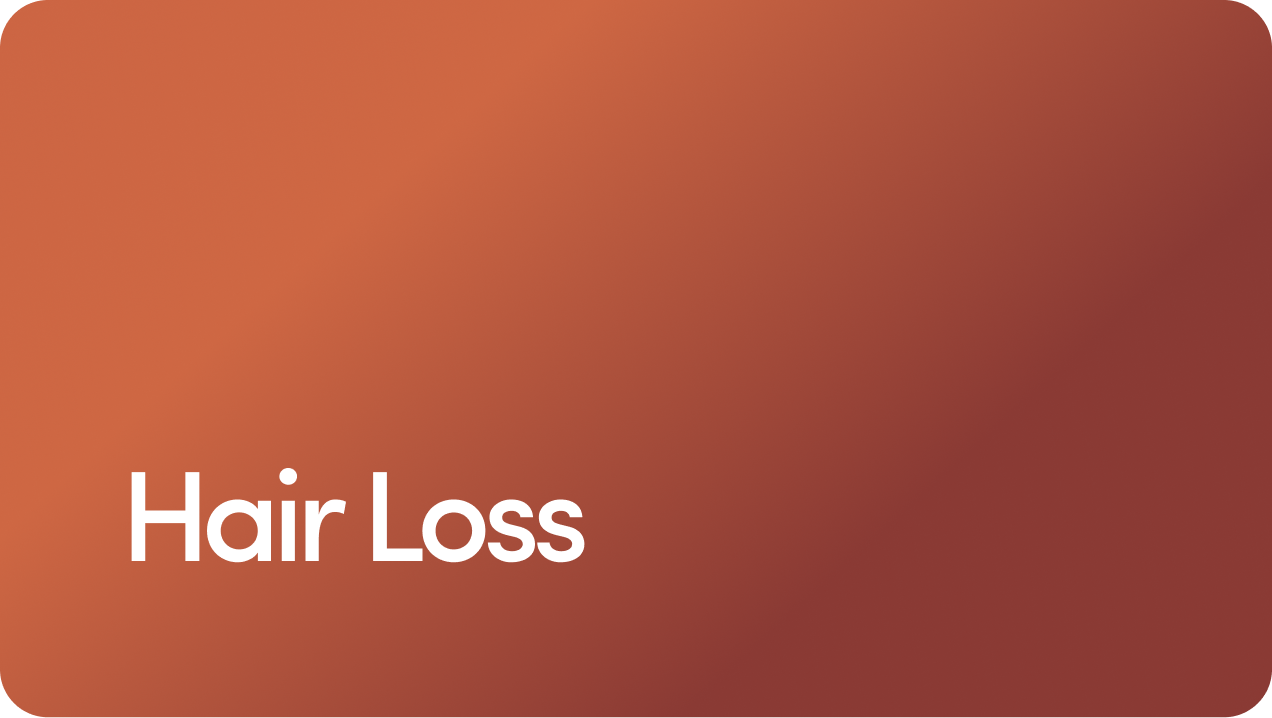 Hair Loss
Hair Loss
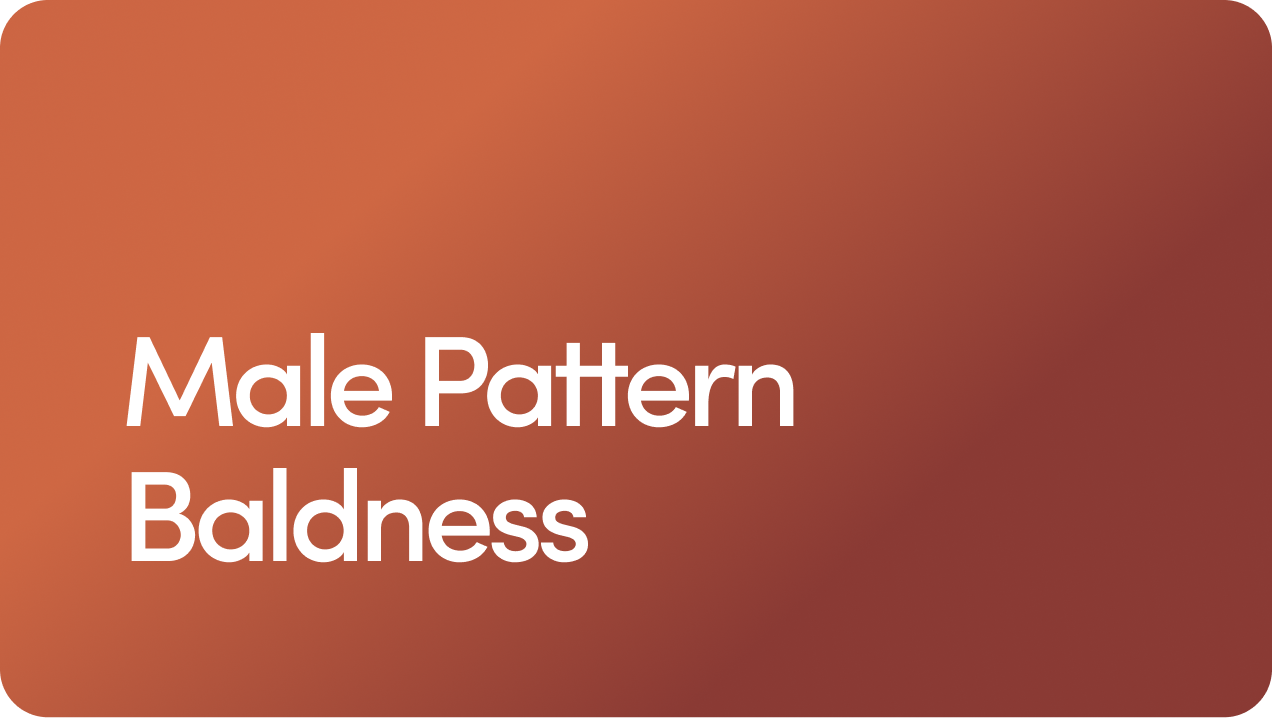 Male Pattern Baldness
Male Pattern Baldness
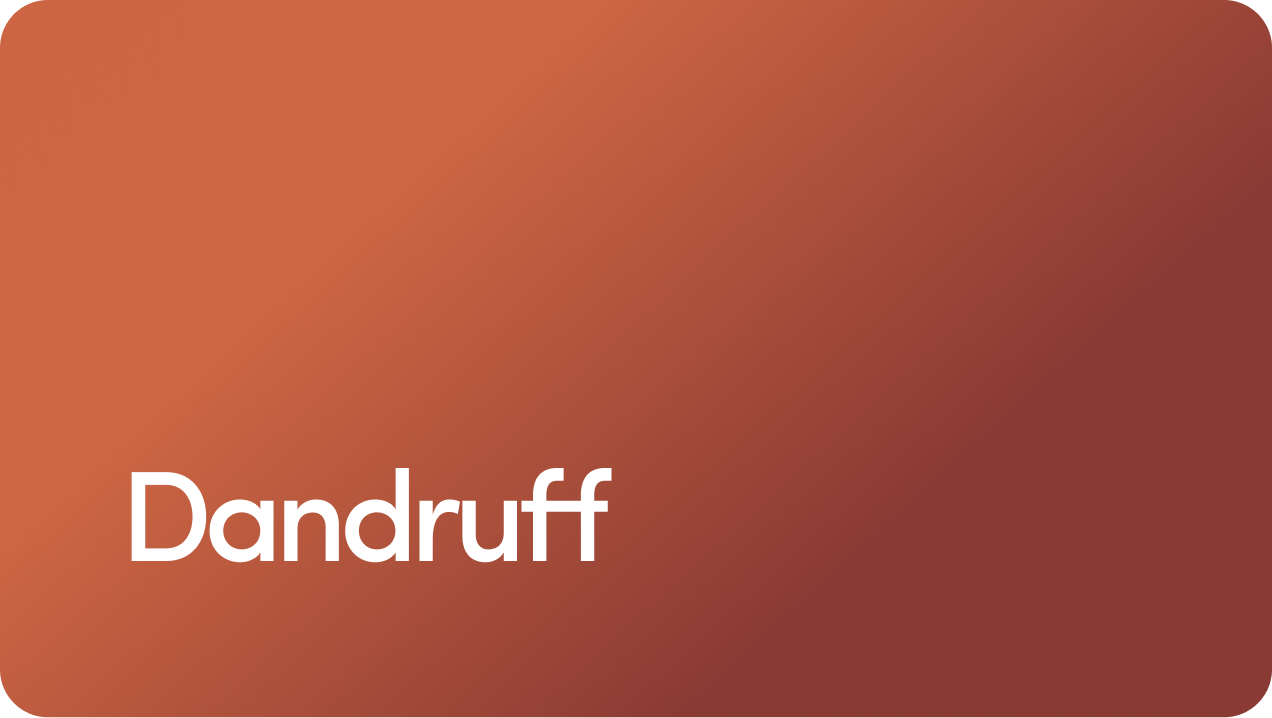 Dandruff
Dandruff
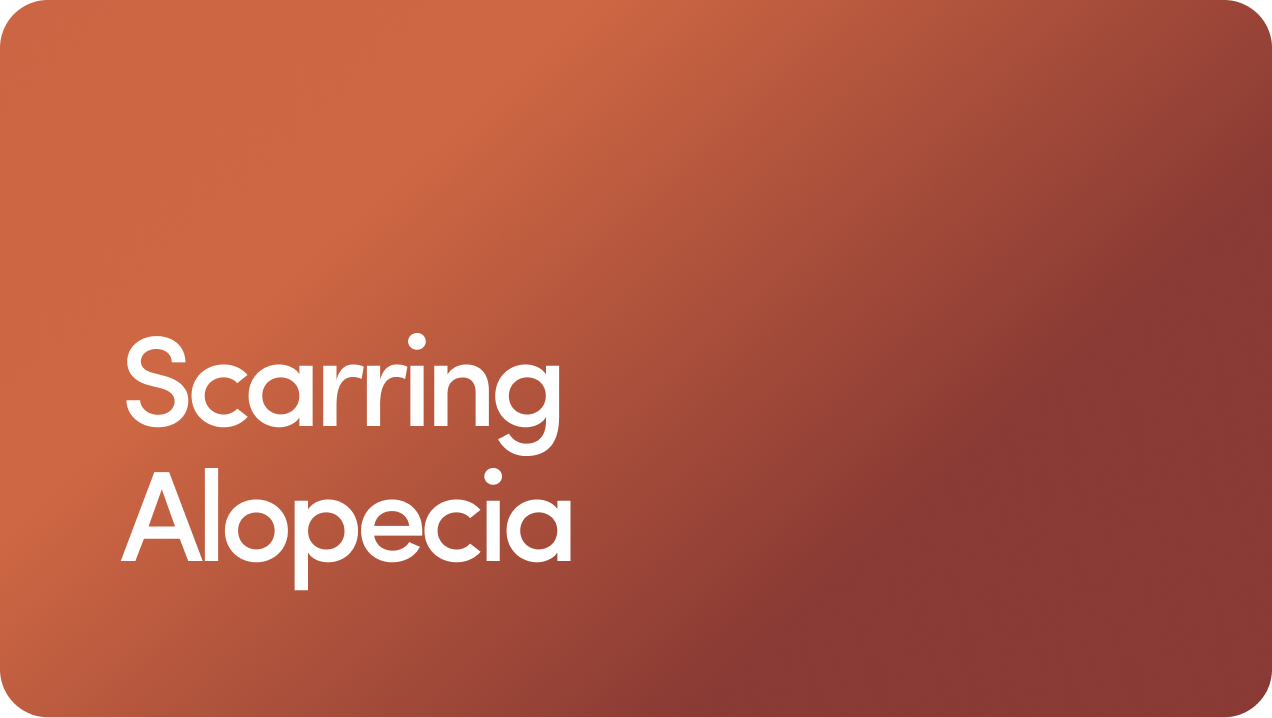 Scarring Alopecia
Scarring Alopecia
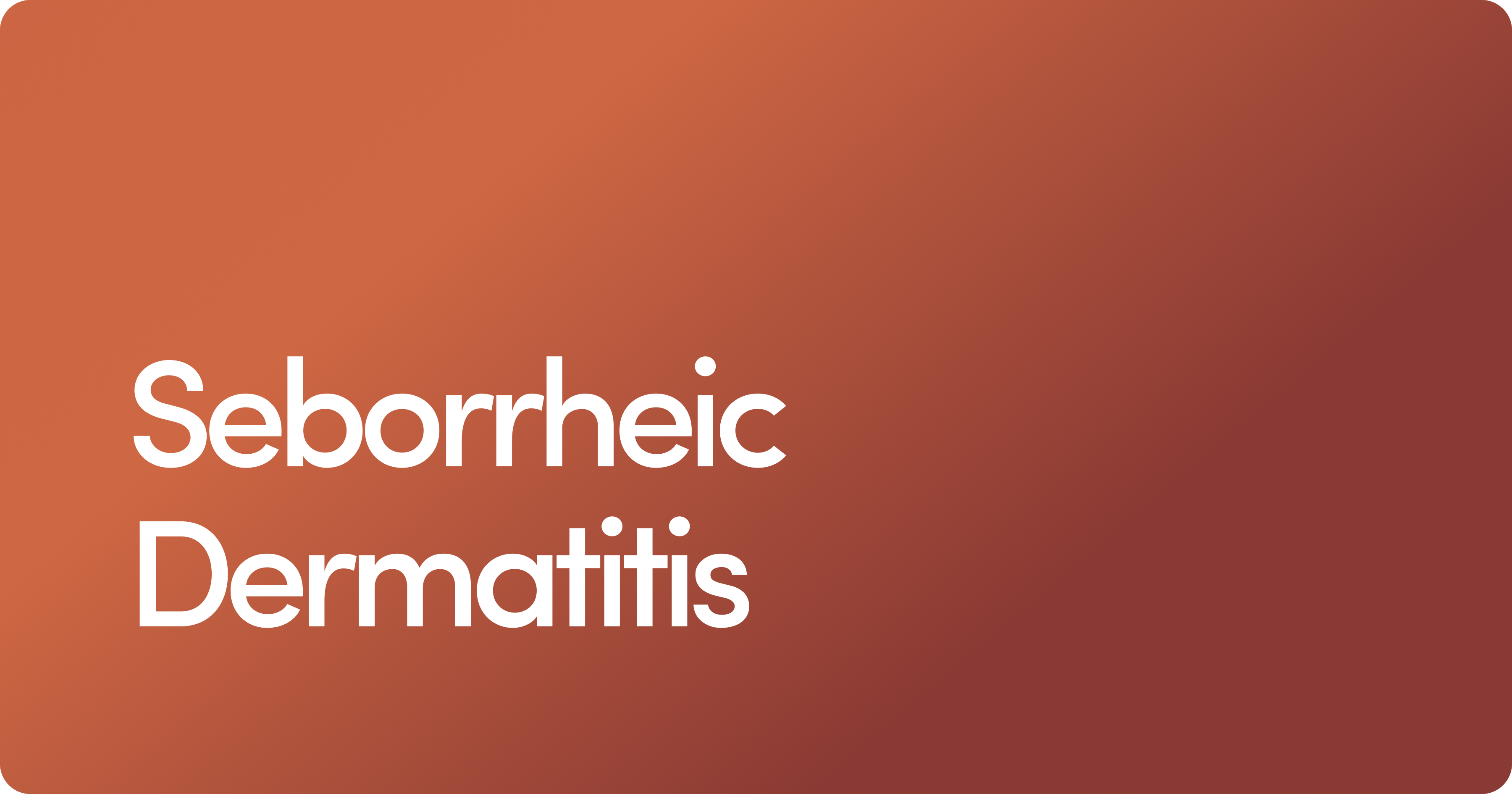 Seborrheic Dermatitis
Seborrheic Dermatitis
